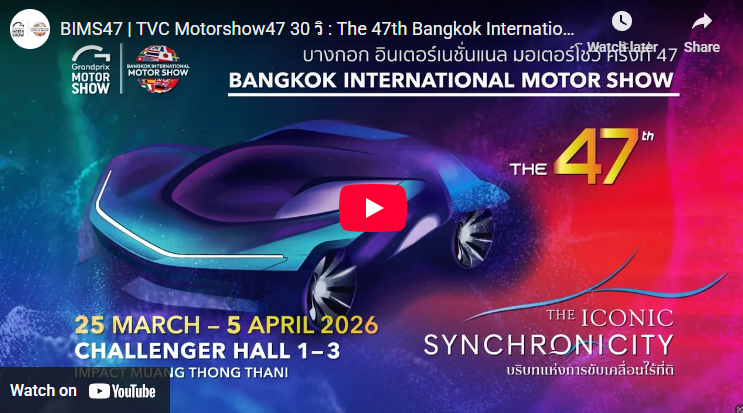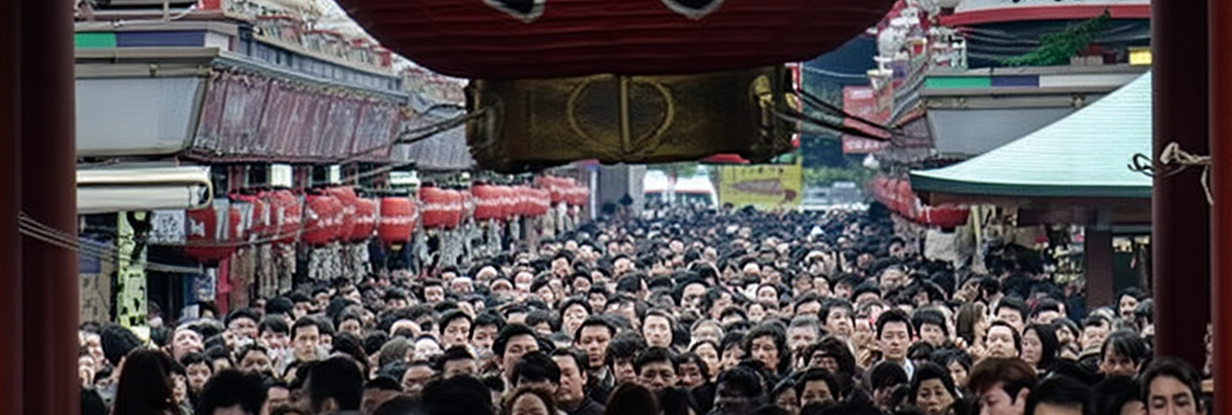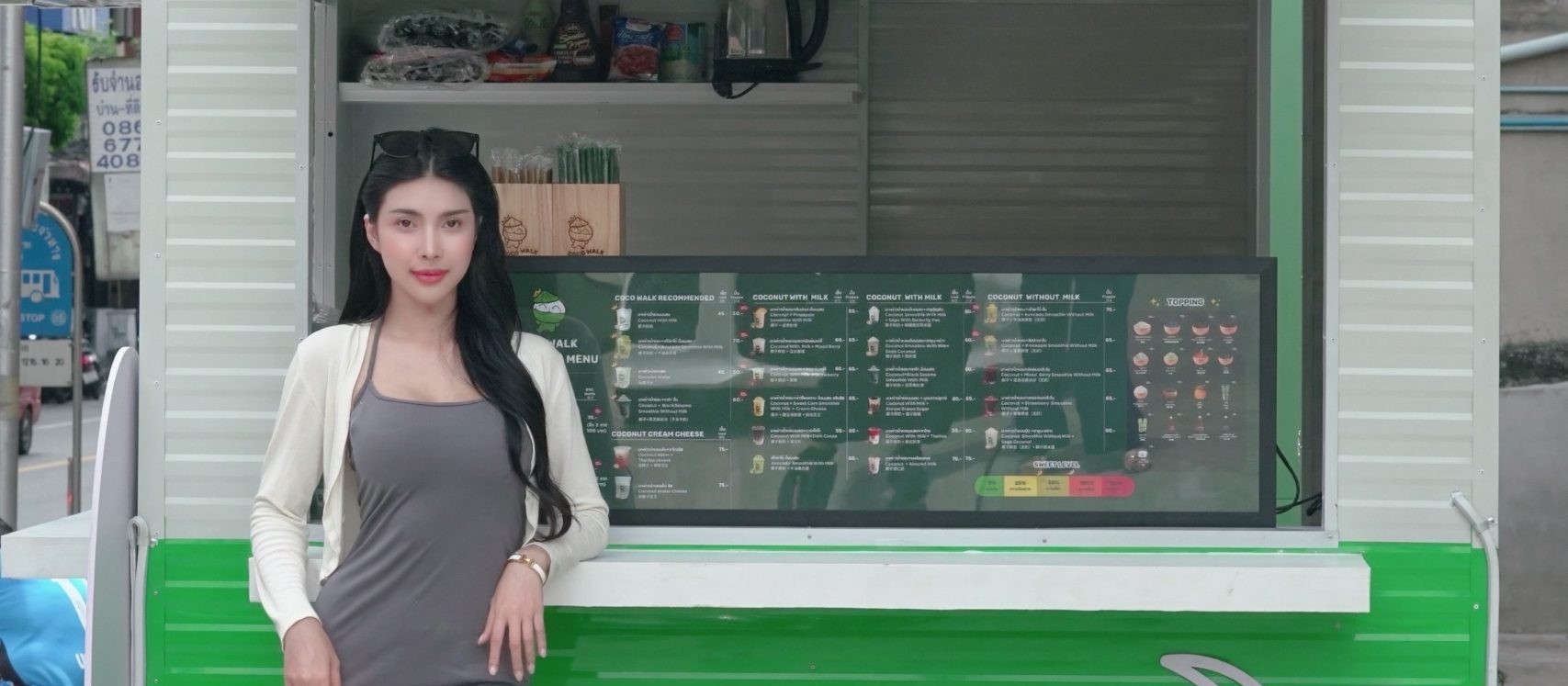


In July 2025, tensions on the Thai–Cambodian border escalated dramatically. A landmine explosion on 23 July injured five Thai soldiers, and the following day the Thai and Cambodian militaries exchanged artillery, rockets and airstrikes[1]. More than 138,000 people were evacuated from Thai border provinces[1]. Cross‑border attacks hit schools, hospitals and even a Buddhist pagoda, prompting accusations of war crimes[1]. These events have had a profound psychological impact on Thai communities, both in frontline provinces and across the country.

Stressors Affecting Thai People
Direct danger and displacement. Evacuations in Surin, Si Sa Ket, Ubon Ratchathani, Buriram and Trat forced residents to leave homes and livelihoods[2]. Families who sought refuge in schools and temples feared for their lives and the safety of relatives[3]. Schools closed indefinitely and border trade was disrupted, heightening uncertainty[4].
Loss of safety and trust. Attacks on hospitals and a petrol station in Thailand and the bombing of a pagoda in Oddar Meanchey province undermined people’s faith that humanitarian sites would be respected[1]. The Thai Department of Mental Health noted that attacking medical facilities violates international law and erodes citizens’ sense of security[2].
Media exposure and misinformation. Thai psychiatrist Dr Temmahathai Nakthewan explained that constant exposure to violent images and hateful messages in social media can lead to “disaster‑related stress” and doomscrolling[5]. Even people far from the conflict zone reported anxiety, insomnia, irritability and feelings of guilt after consuming distressing news[5].
Nationalism and hatred. Mental‑health officials urged Thai citizens to distinguish between government actions and the Cambodian people themselves. They warned that spreading hatred towards another nation creates lasting psychological wounds and risks inflaming bilateral relations[2].
Mental‑Health Impacts
Anxiety and depressive symptoms. The Ministry of Public Health mobilised 97 Mental‑Health Crisis Assessment and Treatment Teams (MCATT). When these teams visited evacuation centres, they found many villagers fearful and worried about their safety; some already showed signs of depression[3]. A bedridden elderly person whose caregiver was killed was identified as being at risk of depression[3].
Risk of PTSD and long‑term trauma. Health officials warned that survivors, bereaved families and communities may develop post‑traumatic stress disorder (PTSD) or depression, especially among children, older adults and people with prior mental illness[2]. The Education Equity Fund emphasised that children exposed to violence or prolonged insecurity are vulnerable to PTSD and learning loss; it established safe spaces where they can continue education and receive counselling[4].
Stress from news consumption. Thai media highlighted that heavy consumption of conflict news can lead to anxiety, sleep problems, irritability and guilt, even among people outside the conflict zone[5]. Bangkok Business News warned that constant news exposure without critical filtering can cause confusion and hopelessness, and urged citizens to choose reliable sources and take breaks[6].
Physical and behavioural symptoms. Stress manifests through headaches, stomach aches, muscle tension, high blood pressure and insomnia, as well as behavioural changes like social withdrawal, irritability and reliance on alcohol or sleeping pills to cope[6].
Government and Community Responses
MCATT deployment. The Ministry of Public Health dispatched 97 MCATT teams to border provinces. These multidisciplinary teams provide psychological first aid, assess stress and anxiety levels and refer people with psychiatric symptoms for further treatment[3]. Crisis‑response centres were established to coordinate screening, treatment and referral, and to communicate risks clearly to the public[2].
Mental‑health hotline and self‑assessment. The Department of Mental Health opened a 24‑hour mental‑health hotline (1323) and encouraged citizens to use online mental‑health check‑in tools and to monitor their own feelings[2][6].
Support for children and safe spaces. The Education Equity Fund, universities and local youth councils created safe spaces in Ubon Ratchathani, Si Sa Ket, Surin and Buriram so that displaced children can continue learning and receive psychological support. Flexible learning activities, counselling and play therapy help children express emotions and regain a sense of normalcy[4].
Community “mind‑vaccine” guidelines. Thai health authorities promote the วัคซีนใจ (“mind vaccine”) concept, which has four elements: 1) Safe – provide secure shelters for vulnerable groups; 2) Calm – organise activities to reduce fear and create spaces for talking; 3) Hope – encourage mutual support and optimism; and 4) Care – foster vigilance for vulnerable individuals using community networks[2].
Coping Strategies for Individuals
Limit and filter news consumption. Set specific times (for example, 15–30 minutes per day) to follow news and avoid continuous doomscrolling. Choose credible sources and balance negative stories with positive content. If the news induces anxiety, take breaks and engage in other activities[5][6].
Be mindful of emotions. Notice signs of excessive stress—persistent worry, nightmares, irritability, low motivation or guilt—and seek help early. If stress, insomnia or sadness persists for more than one to two weeks, consult a mental‑health professional or call the hotline 1323[5][6].
Practise self‑care. Exercise regularly, sleep adequately and eat a balanced diet to maintain physical resilience. Avoid alcohol, tobacco or drugs as coping tools. Mindfulness techniques such as deep breathing can calm the mind[6].
Foster social connections. Talk to trusted friends and family rather than carrying worries alone, respect differing opinions and avoid engaging in hostile discussions that can amplify stress[6].
Help others. Donating to relief efforts or volunteering can provide a sense of control and reduce helplessness. Observing the mental‑health status of vulnerable neighbours and guiding them to professional help strengthens community resilience[6].
Long‑Term Considerations
Research on war‑affected populations warns that without intervention, high levels of depression, anxiety and PTSD can persist for years. A survey of Cambodian civilians found that 20.6% of those living in Siem Reap met the clinical threshold for PTSD, compared with 2.2% of Cambodian migrants in Surin, Thailand, and nearly half of the Siem Reap group had depression[7]. Studies of Afghans exposed to repeated war trauma found that 67.7% experienced depression and 42% had PTSD symptoms[8]. Surveys of Cambodians in Thai border camps reported that 55% had depression scores and 15% had PTSD scores consistent with Western criteria, even a decade after the initial trauma[8]. These findings highlight the importance of early psychosocial support, accessible mental‑health services and community‑based programmes to prevent chronic problems.
References
- Al Jazeera. (26 Jul 2025). Death toll in Thailand‑Cambodia border clashes hits 32, over 130 injured. Retrieved from Al Jazeera[1].
- Hfocus.org. (26 Jul 2025). Ministry of Public Health orders MCATT teams to care for citizens’ mental health after Cambodian attacks on Thailand. Retrieved from Hfocus.org[2].
- Hfocus.org. (25 Jul 2025). MoPH mobilises 97 MCATT teams to restore mental health of villagers affected by Thai–Cambodian border fighting. Retrieved from Hfocus.org[3].
- The Coverage. (26 Jul 2025). Education Equity Fund and partners in four Thai border provinces open centres to restore children’s minds and prevent stress from violence. Retrieved from The Coverage[4].
- Thairath. (26 Jul 2025). Warning signs: stress from Thai–Cambodian border news may harm mental health. Retrieved from Thairath[5].
- Bangkok Business News. (24 Jul 2025). Border tensions! Observe your emotions, consume news with mindfulness and care for your mental health. Retrieved from Bangkokbiznews.com[6].
- Mollica, R. F., et al. (2014). The enduring mental health impact of mass violence: A community comparison study of Cambodian civilians living in Cambodia and Thailand. International Journal of Social Psychiatry, 60(1), 6–20. Retrieved from NIH PubMed Central[7].
- Murthy, R. S. & Lakshminarayana, R. (2006). Mental health consequences of war: a brief review of research findings. World Psychiatry, 5(1), 25–30. Retrieved from NIH PubMed Central[8].







